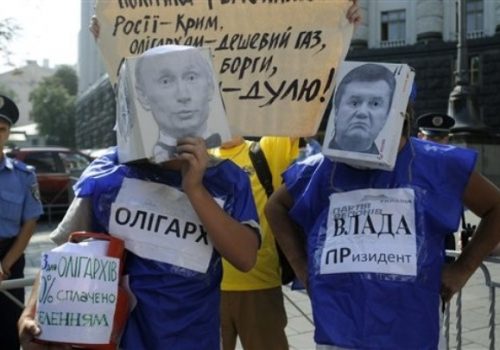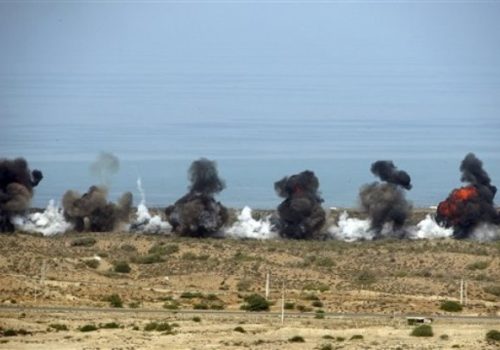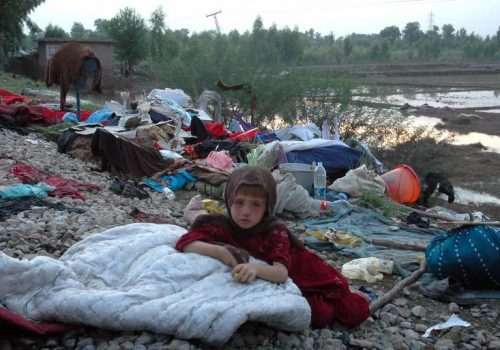
Sharp insights and bold ideas from across the Council
From climate change to the China challenge and the contest between democracy and dictatorship, the New Atlanticist is where top experts and policymakers at the Atlantic Council and beyond offer exclusive insight on the most pressing global challenges—and the US role in addressing them alongside allies and partners.
The Council’s flagship section features big ideas, groundbreaking research, lightning-fast expert reactions, in-depth analyses, and thought-provoking commentary to shape public policy.

New Atlanticist
Sep 4, 2025
Dispatches from Damascus: The state of Syria’s postwar transition nine months after Assad’s fall
On a recent trip to the Syrian capital, Atlantic Council experts took note of how far the country has come since the Assad regime’s fall and what still needs to happen to secure peace and prosperity.
Read More

New Atlanticist
Aug 29, 2025
Twenty questions (and expert answers) about the negotiations to end Russia’s war in Ukraine
By
Atlantic Council experts
August saw a flurry of diplomatic activity to end Russia’s full-scale invasion of Ukraine. As September nears, Atlantic Council experts share their insights on what to expect next.

New Atlanticist
Aug 28, 2025
Germany wants to double its defense spending. Where should the money go?
By
Atlantic Council experts
After decades of Berlin underinvesting in its defense, German Chancellor Friedrich Merz has plans to transform the Bundeswehr into Europe’s strongest military.
Stay updated
Subscribe to our daily newsletter to receive the best expert intelligence on world-changing events
Explore our unique analysis










